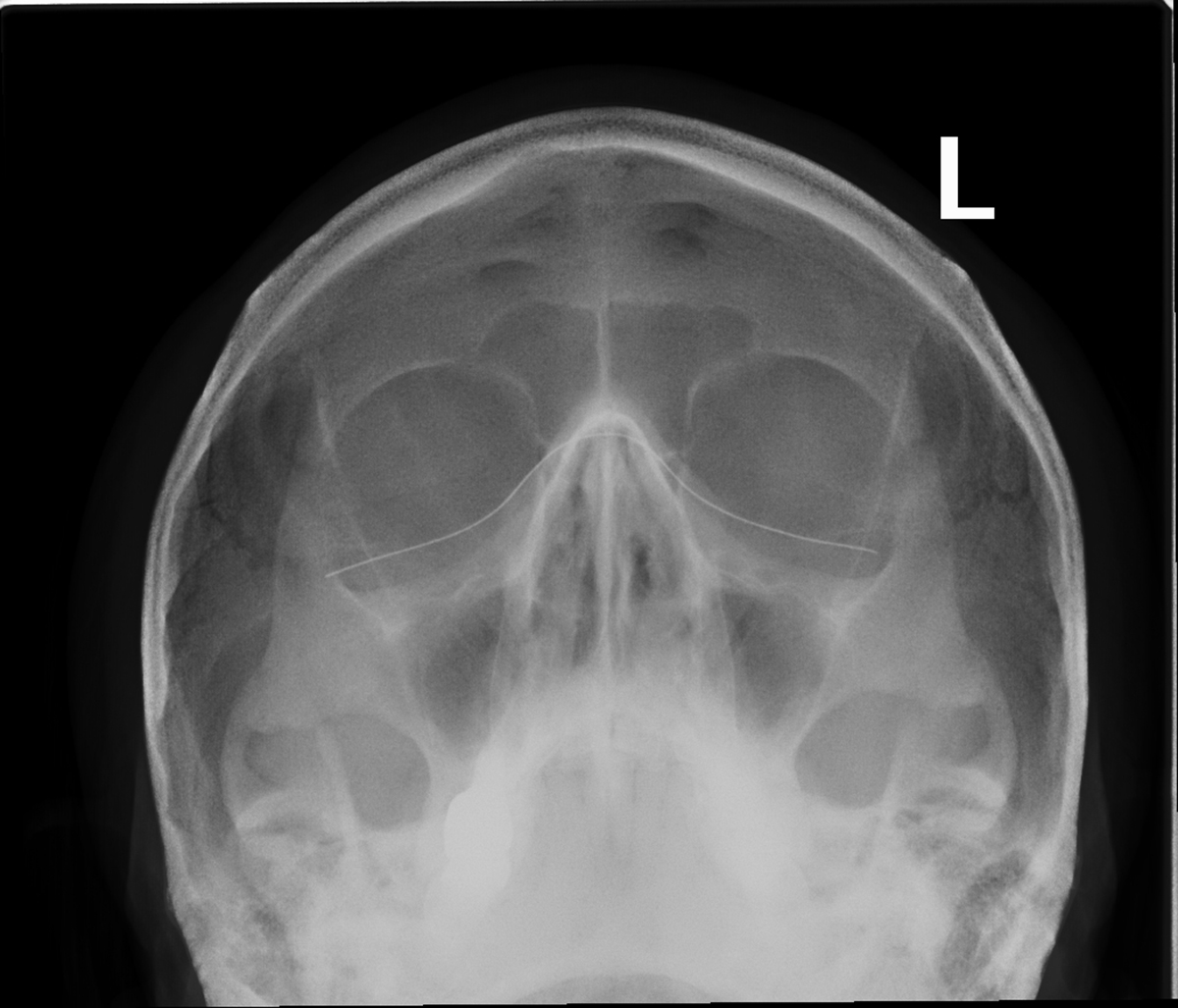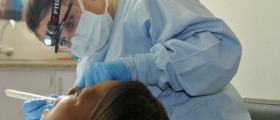
Introduction
A sinus infection usually does not involve any serious complication and if they occur they usually require immediate medical attention. Sinus infection does not require any medications in order to be treated properly but certain complications may occur in persons who have a weakened or compromised immune system.
The treatment of a sinus infection usually involves medications and takes two weeks to be completed. If a person does not experience any improvement and certain symptoms do occur, an immediate medical attention is required. The symptoms include nausea, stiffness of the neck, vomiting, double vision, swollen areas around the eyes and headaches that only get worse with time. The complications of sinus infection usually occur in people who have never had the infection before. Those who suffer from chronic types of sinusitis are somehow protected from complications of any type.
Complications
The most common complication of sinus infection is the loss of the ability to smell which is medically referred to as anosmia. Anosmia is usually caused when the infection gets worse which leads to constant inflammation of the mucosal lining of the sinuses. The inflammation damages the olfactory nerve endings in the nose and in severe cases the ability to smell may be permanently reduced or even lost completely.
The second possible complication of sinus infection is meningitis. It is a condition that involves inflamed membranes that cover and protect the spinal cord and the brain. The condition is usually characterized by headache, high fever and other flu-like symptoms. Other common symptoms include stiffness of the neck, skin rashes, vomiting, seizures, hemorrhages under the skin and increased sensitivity to light. Children and adolescents are mostly at risk of being infected by meningitis which can even be fatal in certain cases but when it gets triggered by sinus infection it is not infectious. Another complication of sinus infection is orbital cellulites which spread into the tissues that surround the socket of the eye. It is usually characterized by extremely swollen eyelids which may sometimes lead to an impaired vision.
Certain severe cases of orbital cellulitis may cause the patient to experience difficulties and pain while moving the eyeballs which can also sometimes protrude out. If one experiences the symptoms of orbital cellulitis, an immediate medical attention is required which usually involves the use of stronger antibiotics. Sinus mucoceles involves fluid filled masses which affect the ethmoid and frontal sinuses. Sometimes they erode the structures that surround the sinuses and destroy the bones that are close to the brain and the eyes. Symptoms also include orbital pain and headaches. Sometimes the bacteria mutate and become resistant to the antibiotic medications, so one should avoid using antibiotics on a regularbasis.

















Your thoughts on this
Loading...